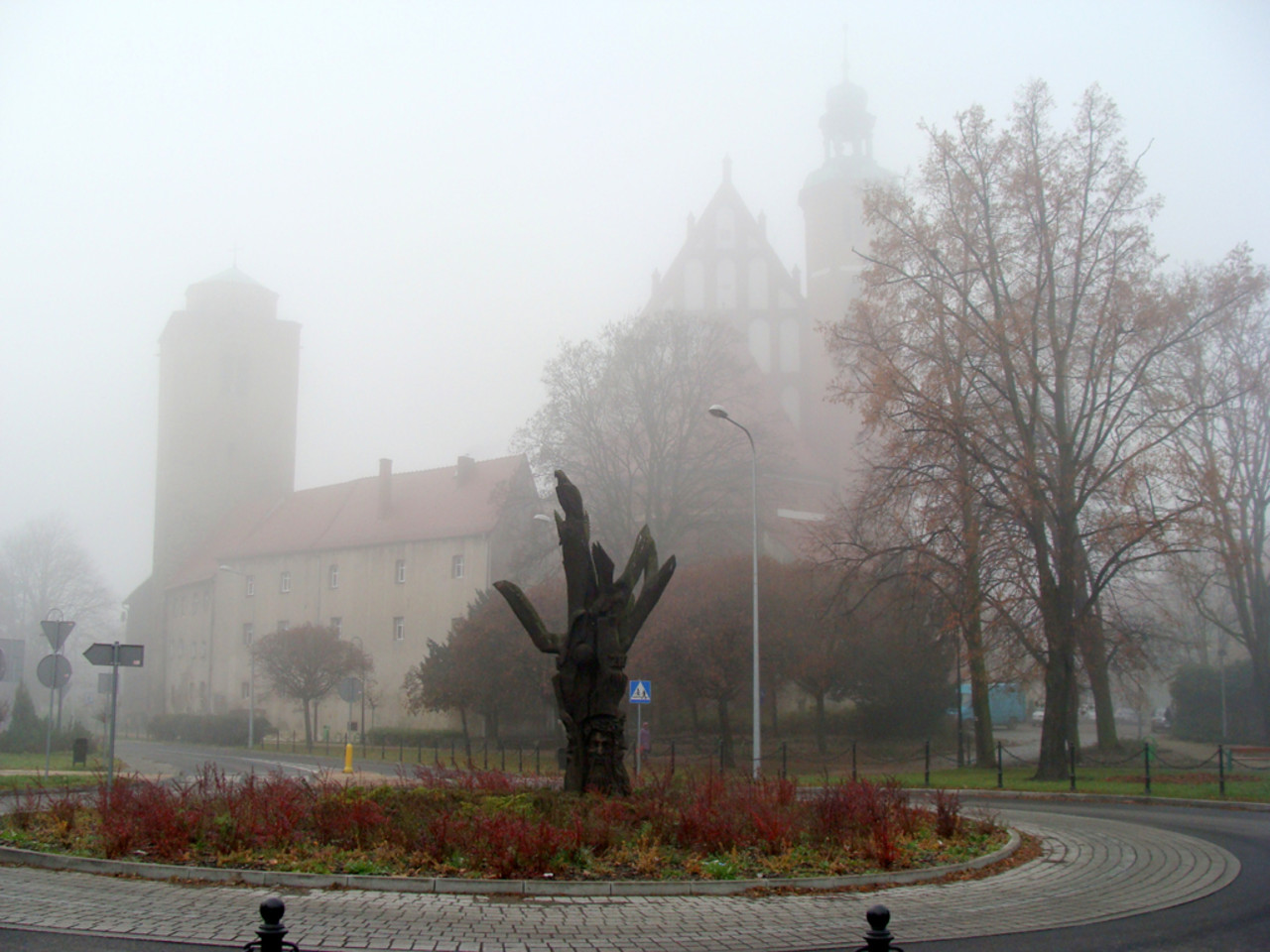Urban Nightlife
작성자 정보
- Grazyna 작성
- 작성일
본문

Urban Nightlife
When did nightlife begin?
Urban nightlife began to emerge significantly within the late 19th and early 20th centuries, significantly in industrial cities undergoing speedy progress. The enlargement of public transport and the rise of the working class created a requirement for leisure after dark.
One of the earliest examples of organized nightlife can be traced back to the speakeasies and 대전유흥 jazz clubs during Prohibition in the 1920s in the United States. These venues not only provided illegal alcohol but in addition grew to become cultural hubs for music and socializing.

Throughout the mid-20th century, cities like New York, London, and Paris became well-known for their vibrant nightlife scenes, that includes bars, nightclubs, and stay music venues. The evolution of music genres, corresponding to rock 'n' roll within the 1950s and disco within the Seventies, additional influenced the nightlife culture.
Today, urban nightlife continues to evolve with trends in music, technology, and social media, making cities a dynamic house for leisure and social interplay.
Why do most nightclubs fail?
Most nightclubs fail because of a mixture of things that impact their sustainability and popularity. Here are some key reasons:
Lack of Unique Identity
Many nightclubs do not distinguish themselves from the competition. Without a singular theme, music fashion, or atmosphere, they struggle to draw a loyal buyer base.
Poor Location
A nightclub's success heavily depends on its location. Establishments in much less accessible or undesirable areas often face challenges in attracting patrons, resulting in decrease foot site visitors and diminishing returns.
Inadequate Marketing
Failure to effectively market the nightclub can lead to low customer awareness. A sturdy promotional technique is essential to build hype and draw in crowds, particularly in a saturated market.
High Operational Costs
Managing a nightclub comes with important bills, together with rent, staffing, and liquor prices. Many golf equipment mismanage their finances or underestimate these bills, resulting in crippling money owed.
Poor Management
Ineffective administration can cripple a nightclub's operations. From staffing issues to poor customer support, an absence of leadership can end result in a negative expertise that drives patrons away.
Changing Trends
Nightclubs must adapt to changing preferences and tendencies in music, entertainment, and social engagement. Failure to evolve can render them obsolete as new entertainment options emerge.
Regulatory Challenges
Nightclubs often face strict laws relating to hours of operation, noise levels, and security. Navigating these legal guidelines could be difficult, and failure to comply can result in shutdowns or fines.
In abstract, the combination of identification, administration, marketing, and adaptation to vary plays a vital function within the longevity of nightclubs in urban nightlife.
What is the meaning of city club?
The time period "city membership" sometimes refers to a personal membership organization situated in an city space, typically featuring dining, social events, and numerous leisure activities. These golf equipment are designed to foster networking and socializing among professionals and community members.
In the context of city nightlife, metropolis clubs can play a big function:
- Social Interaction: City clubs provide an area for people to meet others in a relaxed environment, making it simpler to forge new connections.
- Cultural Events: Many metropolis clubs host occasions corresponding to art exhibits, live music performances, and themed parties that cater to diverse interests.
- Dining and Entertainment: They often feature high-quality dining choices and leisure, making them a preferred vacation spot for nightlife lovers.
- Networking Opportunities: Professionals can use city golf equipment as a platform to satisfy potential enterprise contacts and broaden their networks.
In summary, city clubs improve urban nightlife by providing a blend of social, cultural, and skilled opportunities in a vibrant setting.
관련자료
-
이전
-
다음







